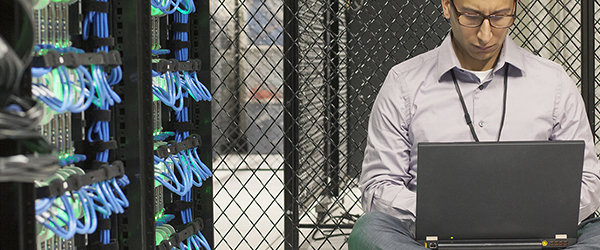
Stratus has released two versions of OpenSSL/SSH. Release 1 runs on the Continuum platform under VOS release 14.7x. Release 2 runs on the Vseries platform under releases greater than 15.0.

Stratus has released two versions of OpenSSL/SSH. Release 1 runs on the Continuum platform under VOS release 14.7x. Release 2 runs on the Vseries platform under releases greater than 15.0.

Paul covered CPU utilization and code paths but there is another very important aspect of many applications – network utilization.

I recently was asked to do some analysis of a trace file, it was only 161 seconds in duration and contained a little more than 2.6 million frames. I was amazed to discover that approximately 75% of those frames where either ping requests or ping replies.

Thank goodness for regression tests. There I was, earlier this week, feeling really good about some new code that I had written and (I thought) debugged.

I wrote the following remarks about conducting effective pre-production testing for my “VOS Corner” column in the Stratus User Group newsletter for December, 1996. They are still relevant today, almost 13 years later.

In the 1971 movie “Dirty Harry”, Clint Eastwood plays a tough, street-smart cop. In the opening scene, he coolly stops a bank robbery by gunning down the bank robbers with his enormous, long-barreled, Smith and Wesson .44 Magnum handgun.

The other day during a discussion with some users it became clear to me that they did not understand under what conditions a Stratus VSeries system would call home regarding a network adapter.

With the trend away from running telnetd and FTPD and toward running SSHD many system administrators are removing the “telnet” and “FTP” service lines from the >system>stcp>services file.

So, you are thinking of upgrading to a new release of OpenVOS, or to a newer hardware platform, and you want to know the effect on the response time or the throughput of your application? What do you do to answer this question? Read on to hear some suggestions.

I started thinking about the qualities that separate great programmers from merely good programmers. Read on to learn my views.